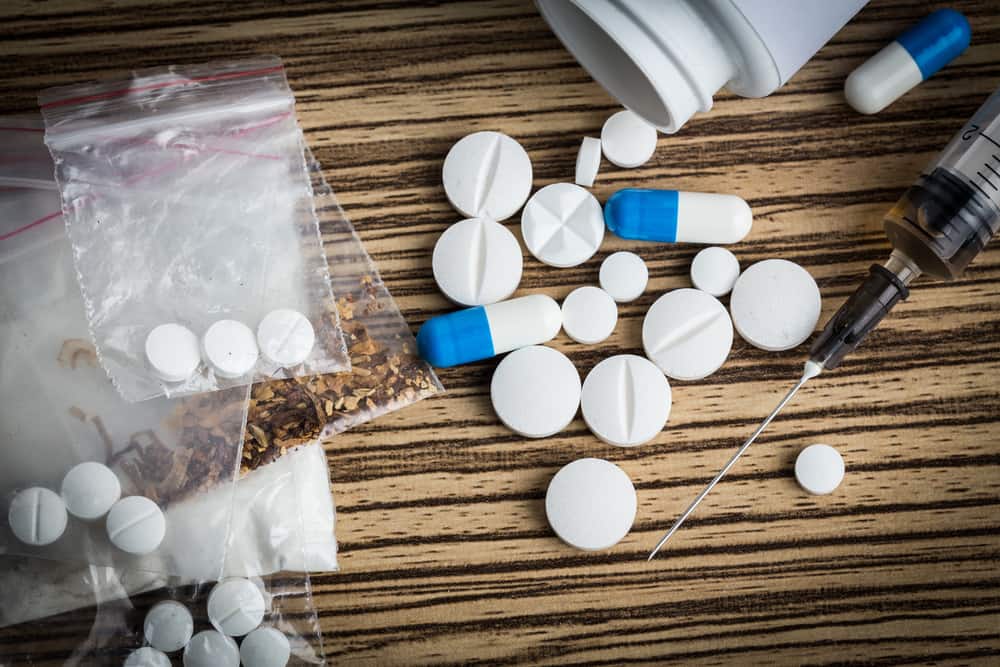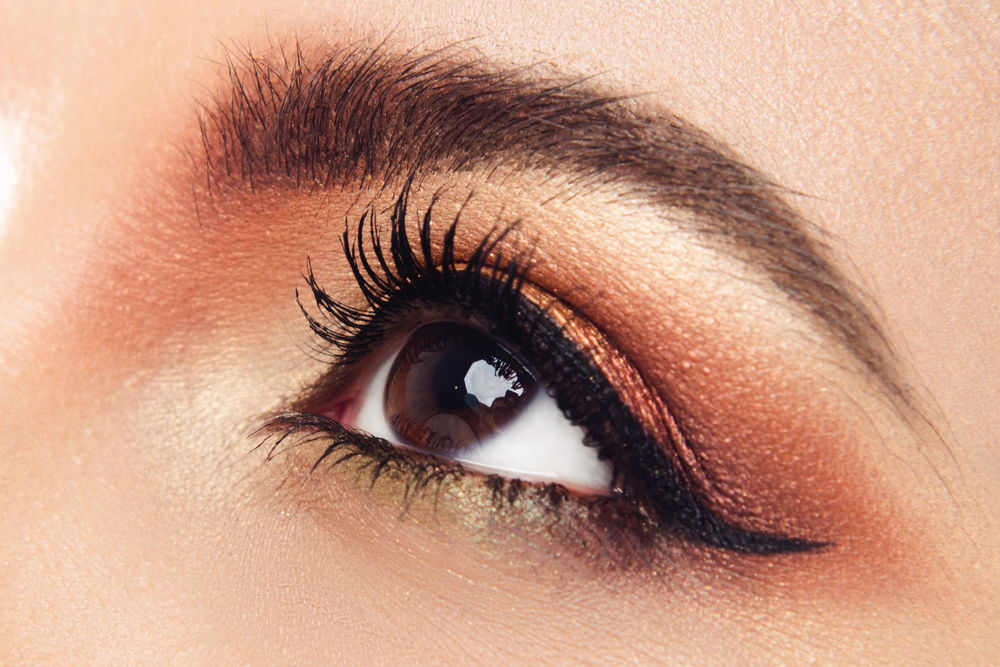Contents:
- Medical Video: Why Do I Sweat So Much?
- What is hyperhidrosis?
- How common are hyperhidrosis abnormalities?
- Types and causes of hyperhidrosis
- Is hyperhidrosis dangerous?
- How do you control excessive sweating due to hyperhidrosis?
Medical Video: Why Do I Sweat So Much?
Sweating is a mechanism for adjusting body temperature to room temperature which is characterized by discharge from the skin. But do you know if there are people who sweat too often or always sweat all the time? This is known as hyperhidrosis, a medical condition that can be caused by abnormalities or signs of the development of certain diseases.
What is hyperhidrosis?
Hyperhidrosis is a condition in which the body produces excessive sweating when the body is not supposed to sweat, such as during cold weather, even when there is no trigger for sweating. Symptoms of excessive sweating can occur with varying frequencies, at least one day a week. Sweating parts of the body can vary or even the entire body, both the right and / or left side, but there are some bodies that sweat the most, including:
- Armpit
- Palms and feet
- Face to chest
- Around later
How common are hyperhidrosis abnormalities?
It is not known exactly how many individuals experience hyperhidrosis in Indonesia. In other countries such as in the United States, based on one research in 2016, it is estimated that there are 15.3 million people who experience hyperhidrosis or about 5 out of every 100 residents while in the UK the distribution is lower or around 3 out of every 100 residents. The distribution in Asia is more in Japanese descendants who have a 20 times higher chance of experiencing hyperhidrosis than other races.
Both men and women have the same opportunity to experience hyperhidrosis. It is estimated that this condition is passed on to parents by their children, with a greater chance of around 30-50% of sufferers having a family history of hyperhidrosis. The first symptoms of hyperhidrosis can appear at any age, but the appearance of symptoms and development mostly occurs in adolescence to early adulthood.
Types and causes of hyperhidrosis
Based on the cause, the condition of hyperhidrosis can be divided into two types, primary and secondary:
Primary (Primary Focal Hyperhidrosis) - abnormalities that occur within the family that are triggered by autonomic nerve dysregulation, abnormal sympathetic nerve regeneration or abnormal distribution of the eccrine glands. There are no other specific causes that cause hyperhidrosis in someone who has this condition.
Secondary (Secondary Generalized Hyperhidrosis) - hyperhidrosis abnormalities caused by medical conditions or other diseases that trigger hyperhidrosis. In general, this type of hyperhidrosis occurs in adulthood, and sweat appears on all parts of the body. This type will disappear if the trigger condition or disease has not been experienced by someone. Disorders due to major diseases also cause sweating even when the patient is asleep.
The following are some medical conditions or diseases that can cause secondary hyperhidrosis:
- Heart disease
- Obesity
- Cancer
- Adrenal gland abnormalities
- Stroke
- Hyperthyroidism
- Menopause
- Disorders of the back bone marrow
- Lung disease
- Lymphoma
- Parkinson's
- Hypoglycemia
- Infection
- Pregnancy
- Worry
- Certain treatment
Is hyperhidrosis dangerous?
Basically hyperhidrosis does not threaten a person's life and does not cause other complications. However, individuals who experience hyperhidrosis often feel anxious and uncomfortable about their condition so they avoid contact with other people or control their condition even though they can be controlled.
Immediately take control measures and consult your general practitioner if you feel that these conditions have interfered with activities, such as:
- Feel that you should avoid physical contact with other people, such as shaking hands
- Feeling too worried about sweating all the time
- Choose to withdraw from sports and study activities
- Interfering with work such as being unable to write or type
- Change clothes too often or take a shower
- Withdraw from the social environment
If you have a disease condition that triggers hyperhidrosis, you should pay attention to the development of your disease and seek treatment immediately if the condition of sweating gets worse and causes:
- Drastic weight loss
- Accompanied by fever, chest pain, difficulty breathing and palpitations
- Chest feels depressed when sweating
- Disorders during sleep
How do you control excessive sweating due to hyperhidrosis?
Hyperhidrosis control is recommended with lifestyle changes first such as:
- Wear thin and loose clothes
- Avoid triggers for excessive sweating such as alcohol consumption and spicy foods
- Wear dark colored clothes to disguise the spots when sweating.
If it doesn't work and the condition of hyperhidrosis is too disruptive to your activities, there are several therapies that might be offered such as:
- Antiperspirants to suppress sweat production
- Iontophoresis which is a low-voltage electrical therapy in the area of the body that often sweats
- Injection of botulinum toxin to inhibit the performance of nerves that produce sweat under the arm
- Operation action endoscopic thoracic sympathectomy (ETS) in the area of the body that sweats by severing the nerves
In general, hyperhidrosis affects a person's condition for life, but for some people the symptoms can improve after being controlled.












